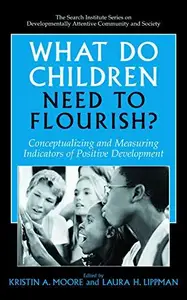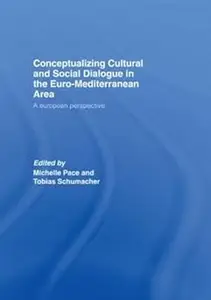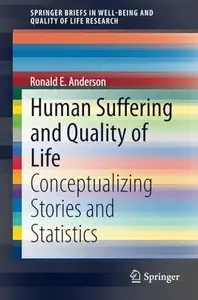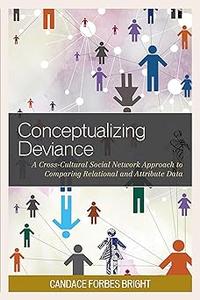 Free Download What Do Children Need to Flourish?: Conceptualizing and Measuring Indicators of Positive Development By Kristin Anderson Moore, Laura H. Lippman (auth.), Kristin Anderson Moore, Laura H. Lippman (eds.)
Free Download What Do Children Need to Flourish?: Conceptualizing and Measuring Indicators of Positive Development By Kristin Anderson Moore, Laura H. Lippman (auth.), Kristin Anderson Moore, Laura H. Lippman (eds.)
2005 | 390 Pages | ISBN: 0387230610 | PDF | 23 MB
Regardless of its validity, many adults share a belief that today’s youth face an inauspicious future. Drugs, sex, violence, disintegration of the nuclear family, technology that replaces interpersonal relationships-that’s what you hear in the news. The media, through its dramatization of the dangers and risks children confront and pose, have created a well-established image of disenfranchised, hostile, and often-destructive children and adolescents. This image ignores the many children who are thriving as well as the possibility of positive outcomes for children and youth.With children comprising roughly 30% of the global population-almost 2 billion children worldwide-understanding exactly what leads children to grow into confident, caring, responsible adults is an issue that belongs at the forefront of every nation’s agenda. Increasingly, it is understood that we need not only to prevent negative outcomes but to promote positive outcomes.What Do Children Need to Flourish? Conceptualizing and Measuring Indicators of Positive Development, part of the Search Series on Developmentally Attentive Community and Society, focuses on how scholars and practitioners can begin to build rigorous measures of the healthy behaviors and attitudes that result in positive outcomes for children and youth. The volume is presented in five parts: – Introduction and conceptual framework. – Positive formation of the self-character, values, spirituality, life satisfaction, hope, and ethnic identity. – Healthy habits, positive behaviors, and time use. – Positive relationships with parents and siblings. – Positive attitudes and behaviors toward learning and school environments. – Enacting positive values and behaviors in communities.What Do Children Need to Flourish? Conceptualizing and Measuring Indicators of Positive Development is an important volume for researchers and practitioners-in fact, for anyone interested and involved in working with children and adolescents.
(more…)






